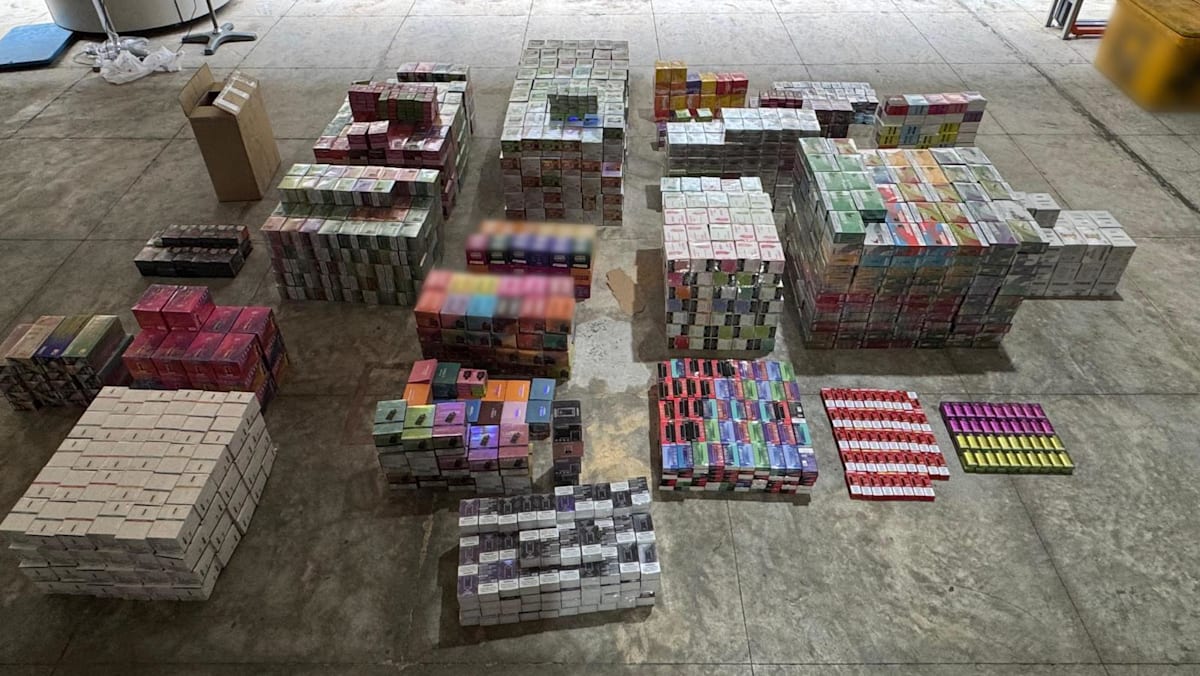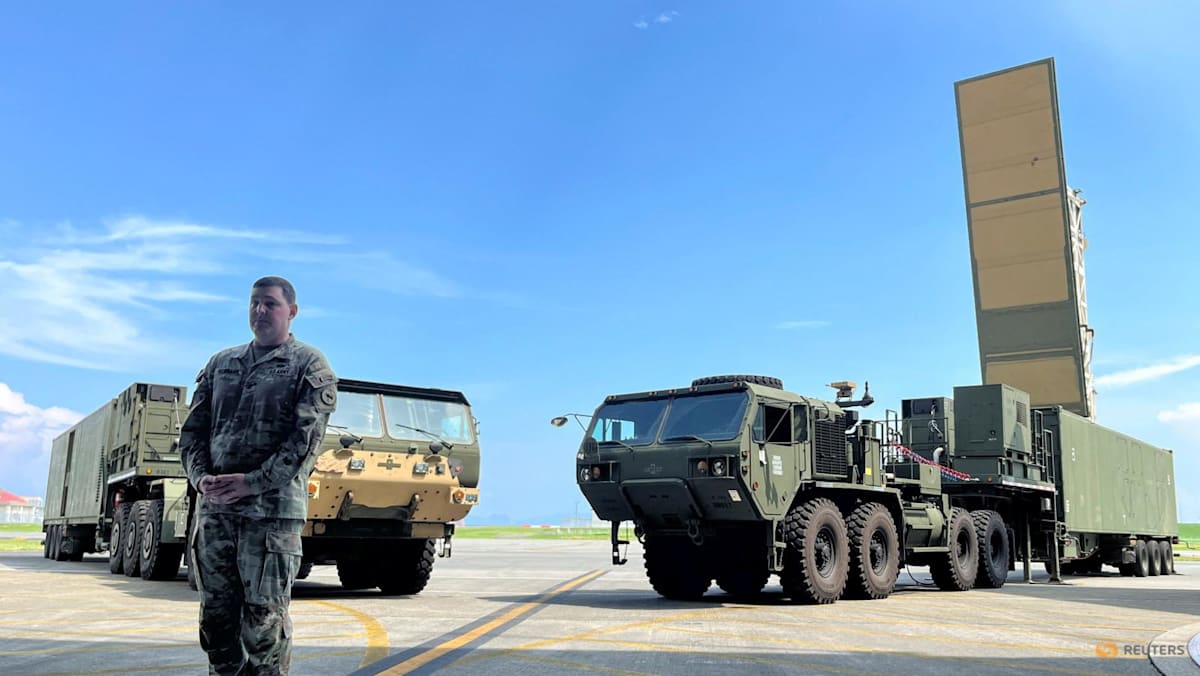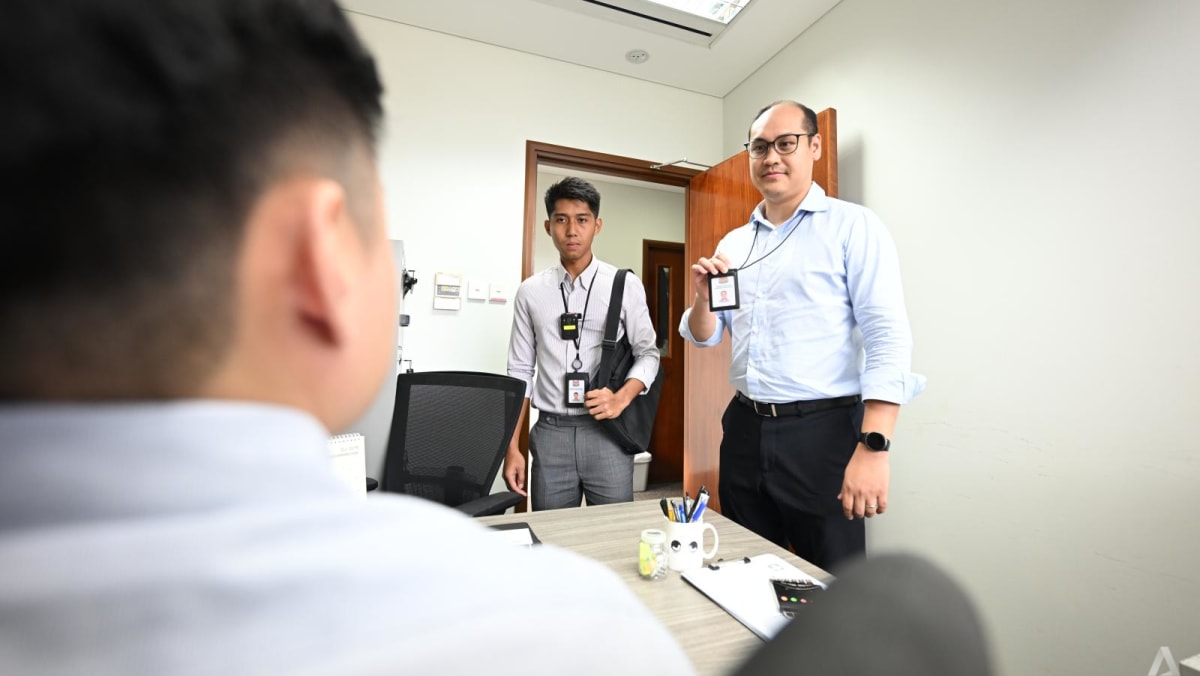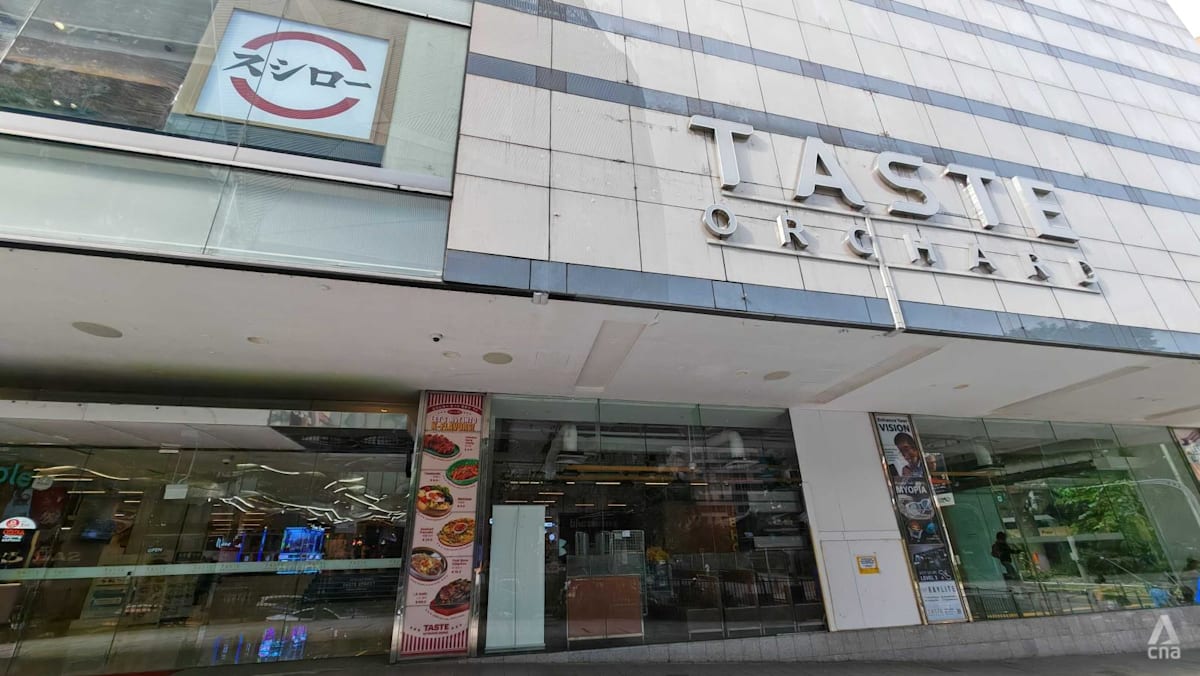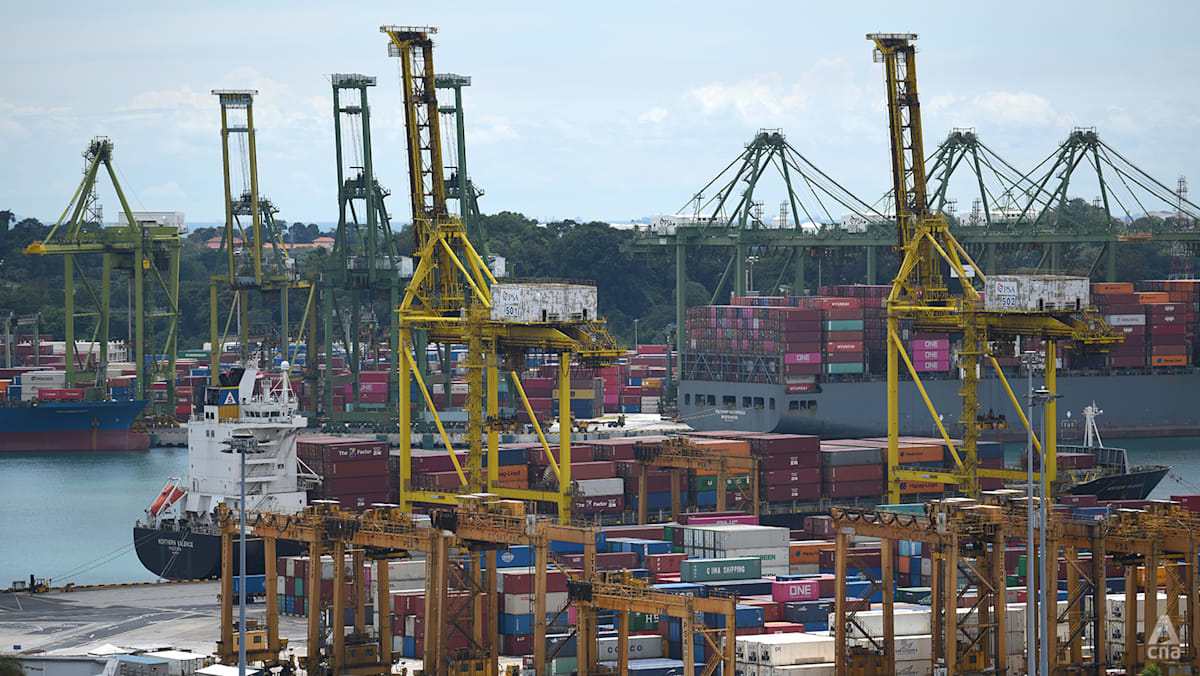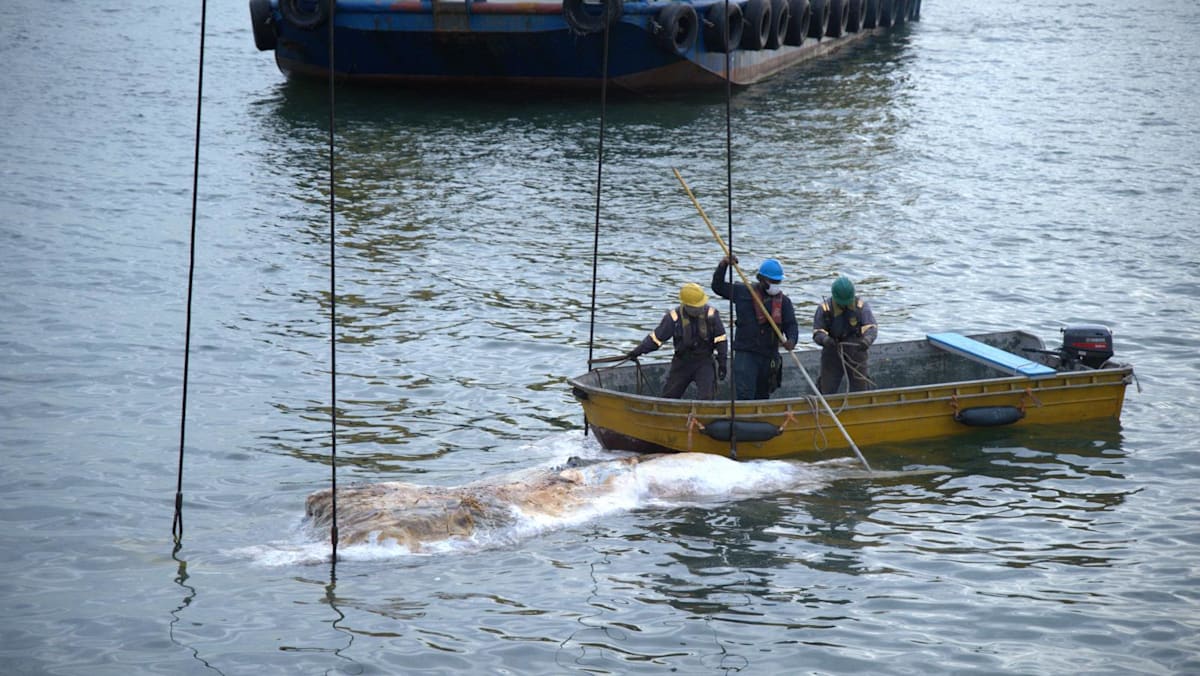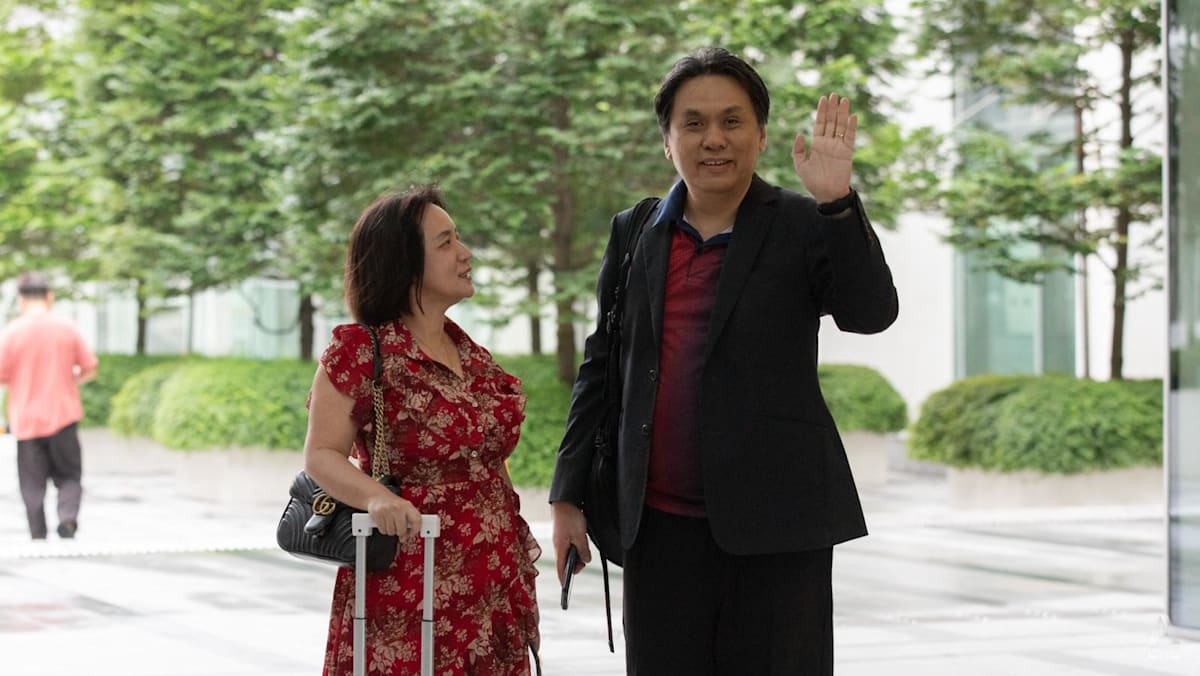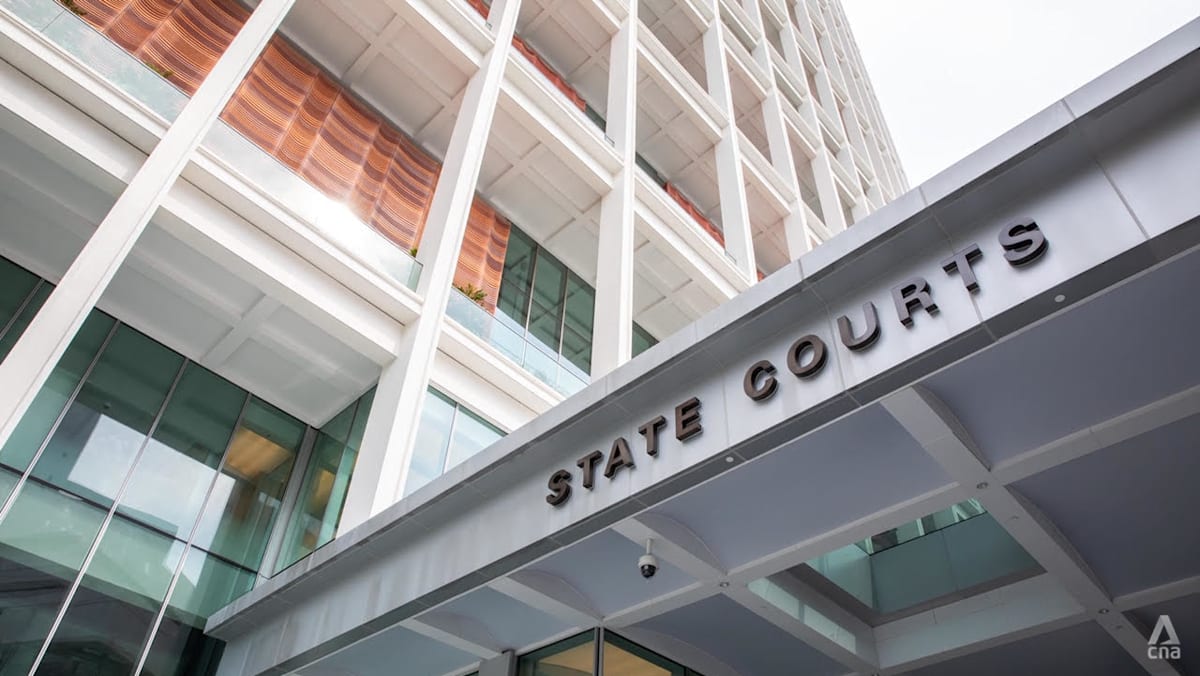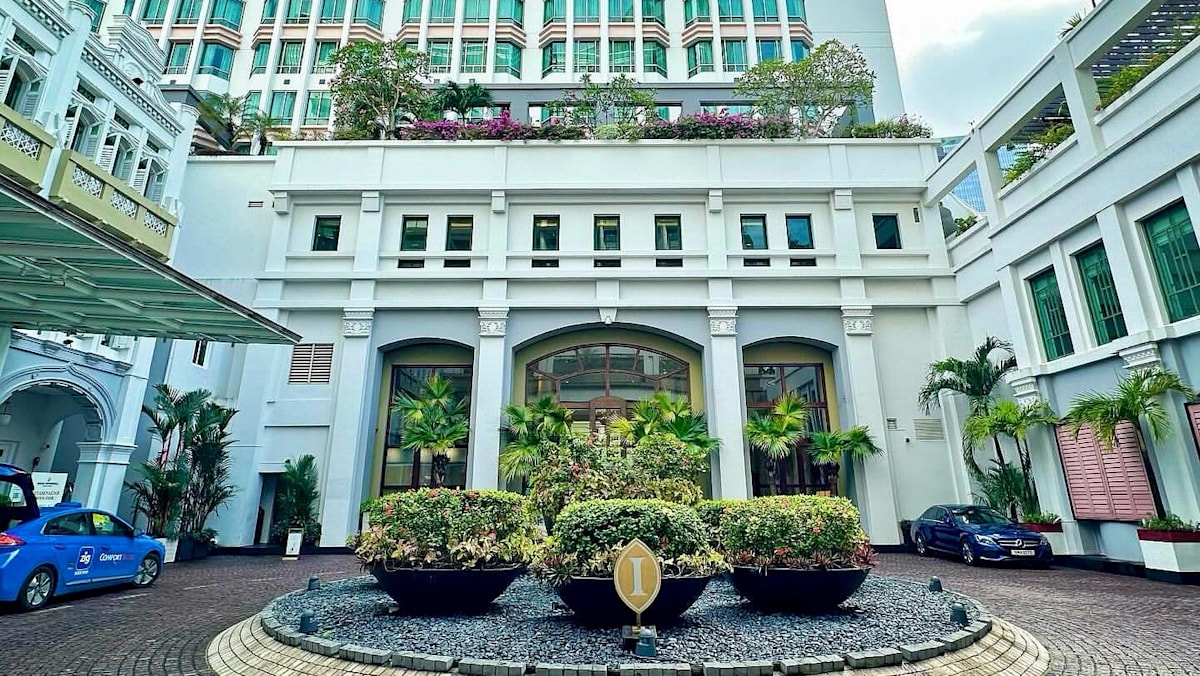CNA also spoke to CPIB’s director of investigations, Mr Fong Wai Kit, to clarify common misconceptions and explain more about how the bureau operates.
Why is the CPIB not under the police?
A common misconception is that the Corrupt Practices Investigation Bureau (CPIB) falls under the Singapore Police Force or the Ministry of Home Affairs. Mr Fong clarified that this is not the case.
“CPIB is an independent anti-corruption agency in Singapore (and) we are the only agency in Singapore to investigate corruption offences under the Prevention of Corruption Act,” he said.
Although CPIB is a government agency under the Prime Minister’s Office, it operates independently. This ensures “a very high level of autonomy and impartiality in our investigations”, he added.
What powers does CPIB have, and do officers wear uniforms?
CPIB officers can arrest, conduct searches, seize evidence and interview suspects. They do not wear uniforms.
In some cases, CPIB officers have made arrests while suspects were in the act of receiving bribes.
One such case, tried in court in 2022, involved a resident technical officer from a private construction firm who accepted bribes from various subcontractors. He was working on a Housing Board Build-to-Order project and was arrested while receiving a bribe from a subcontractor. He was later sentenced to 20 months’ imprisonment, and the bribe money was forfeited.
How does a CPIB operation take place?
According to Mr Fong, operations often begin with public complaints or leads developed through CPIB’s own intelligence gathering.
The bureau evaluates each complaint to determine whether further action is necessary.
“Once we assess a complaint as credible, we will register the complaint for formal investigation,” he said.
“In preparation for active open investigation, officers will formulate some plans, which may include how to proceed with the investigation, who are those people that are involved.”
Investigations typically involve interviews, searches of premises and the seizure of evidence.
“Because our work is actually very specialised, our officers are highly trained, meticulous and have an eye for detail,” he said.
While CPIB does not usually disclose operational details, an example surfaced in parliament in 2023 during discussions about the Ridout Road bungalow rentals.
In that case, which concluded with no wrongdoing found, Foreign Affairs Minister Vivian Balakrishnan described his experience with a CPIB interview: “Let me assure all of you, it is a most uncomfortable, invasive, intrusive, thorough process; and I do not wish it upon any of you.”
What happens when investigations are complete?
Once an investigation is concluded, the CPIB submits its findings to the Attorney-General’s Chambers. If there is sufficient evidence, the case proceeds to court.
“It can lead to fines, jail sentences and forfeiture of bribes, and hence, the receiver will not be able to enjoy the benefits from corruption,” Mr Fong said.
Are there new trends in corruption that CPIB tracking?
While cash remains the most common form of corrupt gratification, Mr Fong noted several emerging trends.
One is the use of virtual currencies, which complicate financial tracing. In response, CPIB has developed procedures since 2018 for the seizure and handling of virtual assets, and officers have received relevant training.
Another trend is the use of digital tools to obstruct investigations. Offenders are using various software applications to “frustrate investigation work” said Mr Fong.
To counter this, the digital forensics and intelligence technology branch ensures officers stay updated with the latest technology.
Offenders are also increasingly using intermediaries to launder corrupt proceeds, making financial tracing more complex. To address this, CPIB continues to strengthen its officers’ capabilities, especially in financial investigation.
International corruption is also evolving. To keep pace, CPIB actively engages with overseas counterparts to enhance cooperation and deepen understanding of cross-border issues.
